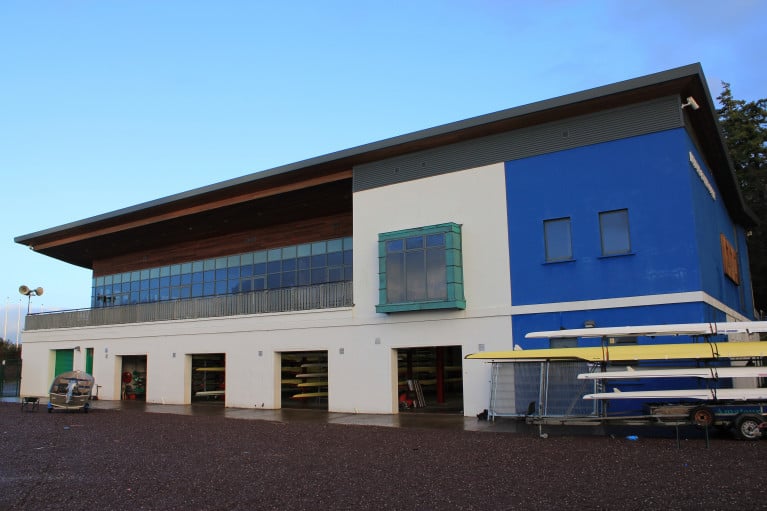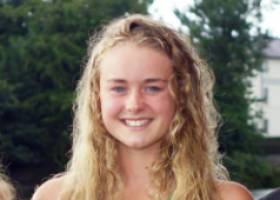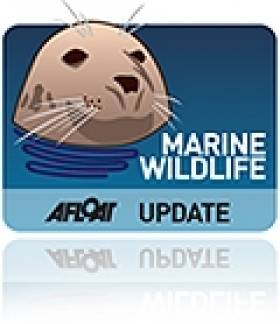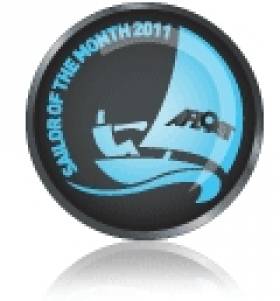Displaying items by tag: February
In the light of the absence of all the domestic events in the month and the severe curtailment of the Ireland trials, the judges have decided not to choose an Afloat Rower of the Month for February 2020.
The pincer movement of very bad weather at home, which forced organisers to abandon heads of the river, and the encroaching threat of the Covid-19 virus has left rowing with very little competition.
A limited trial for lightweights and for sweep women went ahead, but no official details were released.
Rower of the Month awards: The judging panel is made up of Liam Gorman, rowing correspondent of The Irish Times and David O'Brien, Editor of Afloat magazine. Monthly awards for achievements during the year will appear on afloat.ie. Keep a monthly eye on progress and watch our 2020 champions list grow.
Hannah Scott is Afloat Rower of the Month for February
#Rowing: Hannah Scott is the Afloat Rower of the Month for February. The Bann girl topped the rankings at the Ireland Assessment. Her time of 25 minutes and 32 seconds for the six kilometre course at Lough Rynn in Leitrim gave her a remarkable mark of 89.10 per cent of projected world best time for a junior woman over this distance.
Scott was part of the Ireland junior quadruple which won a bronze medal at the Coupe de la Jeunesse in 2016. In that crew, she was partnered by Lucy Taylor, Fiona Chestnutt and Margaret Cremen.
Rower of the Month awards: The judging panel is made up of Liam Gorman, rowing correspondent of The Irish Times, and David O'Brien, editor of Afloat magazine. Monthly awards for achievements during the year will appear on afloat.ie. Keep a monthly eye on progress and watch our 2017 champions list grow.
Whale and Dolphin Strandings On the Rise in 2012
#MARINE WILDLIFE - The rate of cetacean strandings on the Irish coast remains unusually high, according to the Irish Whale and Dolphin Group (IWDG).
The group's Cetacean Stranding Scheme recorded 162 strandings in 2011 which, while numbers do vary from year to year, was 25-30 more than anticipated.
And already this year the numbers are up on last year's 'inexplicable' records for the first quarter.
Some 21 strandings were reported to the IWDG in January alone - the highest ever number recorded for that month, well above the average of 13.
February's figures are even more worrying, with 30 strandings reported this year compared to a five-year average of 11.4.
"As we are now well into 2012, it is clear that the numbers have not returned to what we could have considered to be more normal levels," said the group in a statement.
There is as yet no explanation, whether a single cause or a number of factors, for what might be causing this significant rise in strandings of both live and dead animals, although one curious clue is "the number of carcasses which had washed ashore with tail fluke/fins apparently cut away".
In other IWDG news, the group recently announced the receipt of £2,000 (€2,400) core funding support from Scottish-based veterinary X-ray firm BCF Technology Ltd, which funds a number of charities through its BCF Foundation.
Cruise from Kinvara to Tahiti Wins Sailor of the Month Award
Recognised by the senior offshore sailing organisation, the Irish Cruising Club, with the award of the historic Faulkner Cup, the Quinlan's achievement is further enhanced by the fact that, in their determination to acquire a boat suitable for long distance voyaging, they built their steel-constructed 40ft cutter Pylades themselves, launching in 1997.
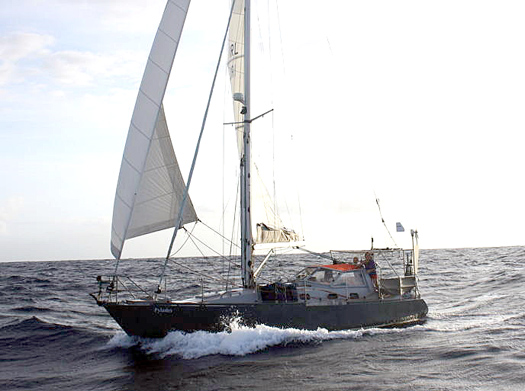
They have brought a lively and enquiring eye to the complex project, something which reflects Fergus's qualifications as an architect. As he has drily observed himself, there isn't a lot of work around for architects in Ireland at the moment, so everything clicked with the boat sea-tested and ready to go off on this sail of a lifetime.
Having left Kinvara in June 2009, their longterm plan is a global circumnavigation, returning to Galway Bay in August 2012. Quite what Ireland will be like by then is anybody's guess. But as it is, the crew of Pylades have enough to be getting on with in dealing with the vagaries of the open ocean, and the volatile political situation in some of the areas where ocean voyagers go. For armchair sailors at home, their thoughtful and entertaining reports on their experiences make them worthy "Sailors of the Month".



























